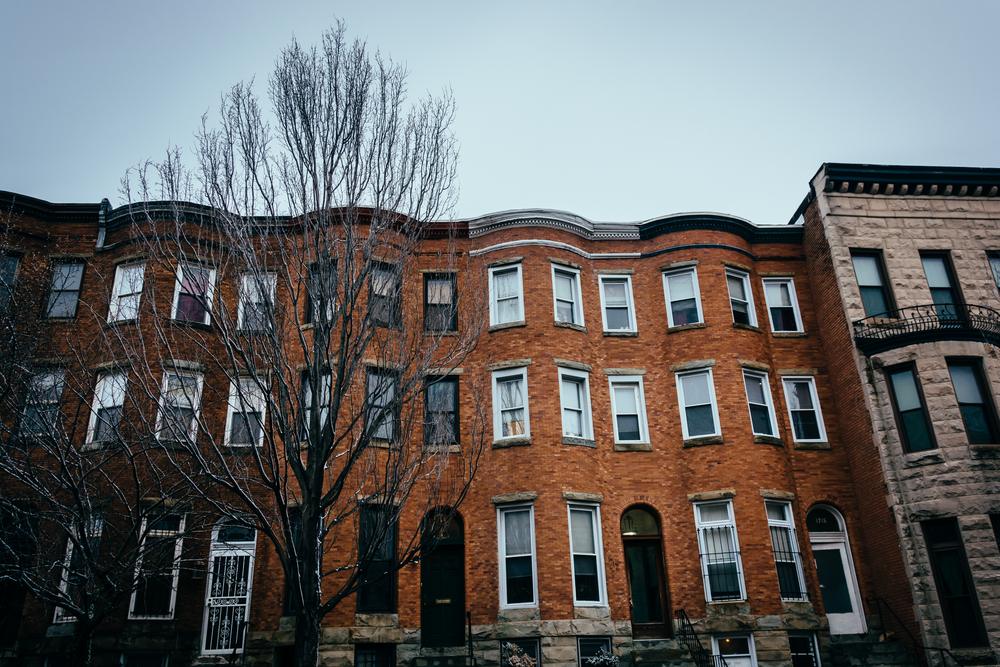Homeowners insurance is a financial protection policy that pays a lump sum if your house is damaged or destroyed by fire, weather, theft, or other disasters.
Why should I buy homeowners insurance?
Homeowners insurance is an important purchase for many people. There are two major reasons to buy homeowners insurance:
1. Protect your assets
Homeowners insurance covers the structure of your home and your personal property, as well as your personal legal responsibility (or liability) for injuries to others or their property while they’re on your property.
2. Satisfy your mortgage lender
Most mortgage lenders require you to have insurance as long as you have a mortgage and to list them as the mortgagee on the policy. If you let your insurance lapse, your mortgage lender will likely have your home insured. Compared to a policy you would buy on your own, the premium might be much higher and the coverage will be limited to damage to the structure of your home. The lender can require you to pay this higher premium until you get your own homeowners insurance again.
How much coverage do I need?
The better your coverage, the less you will have to pay out of your own pocket if disaster strikes. In some cases, your lender decides how much coverage you need and may require you to buy a policy that covers at least the amount of the mortgage. It is important to note that the amount of coverage you buy for your house, contents, and personal property will affect the price you pay.
What affects the cost of homeowners insurance?
Like auto insurance, the cost of homeowners coverage depends largely on where you live. Crime rates vary from community to community and so does the access to your local fire department, police department, and water supply. These factors help determine the protection class. Along with the value of your house, the following factors determine the rates you pay for homeowner's coverage.
- Type of Construction: Frame houses usually cost more to insure than brick.
- Age of House: New homes may qualify for discounts. Older homes may not qualify for preferred programs. Insurers may require older homes to have updated heating, plumbing, wiring, and roofing.
- Local Fire Protection: Your home’s distance from a fire hydrant and the quality of your local fire department determine your fire protection class.
- Amount of Coverage: The amount of coverage you buy for your house, contents, and personal liability will affect the price you pay.
- Deductible Amount: Your choice of a higher deductible will reduce the price of homeowners insurance.
- Discounts: Insurers offer lower prices for such things as insuring your home and car with the same company and installing deadbolt locks or alarm systems.
What else should I consider?
- What has changed in your home?
- Did the number of people (and belongings) increase or decrease?
- Have you made any major purchases?
- Do you have a home inventory?
This article is provided by the National Association of Insurance Commissioners (NAIC). Learn more about homeowners insurance from a licensed financial advisor using our one-of-a-kind Find An Advisor tool.









